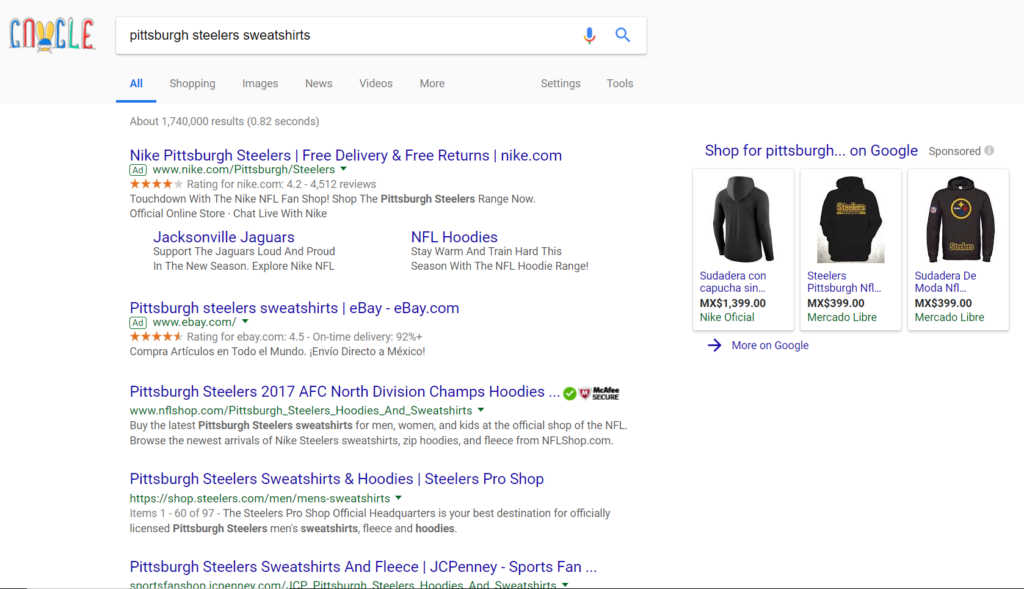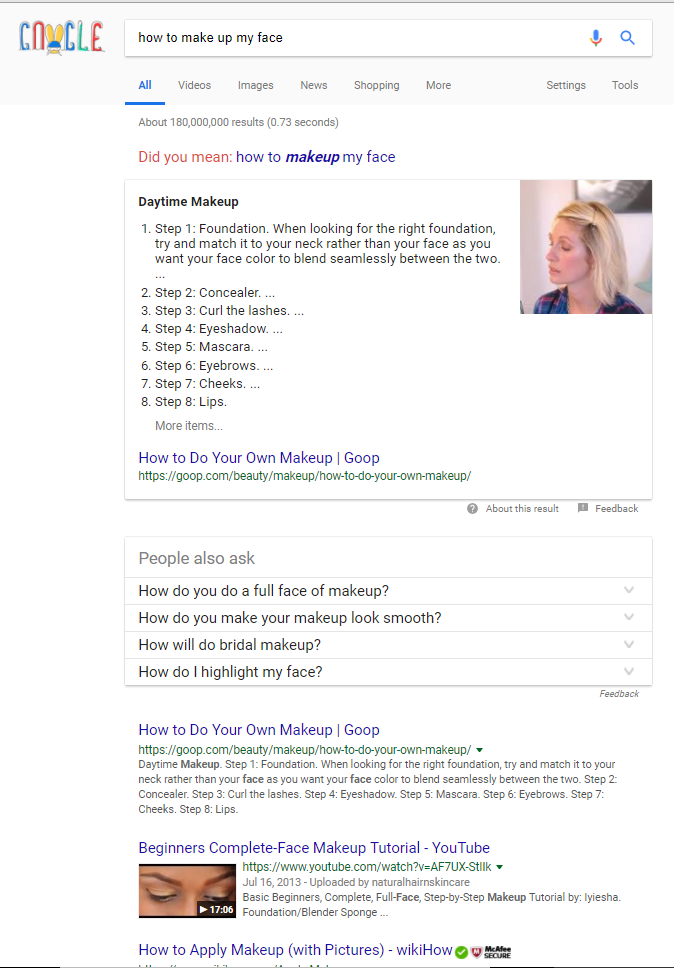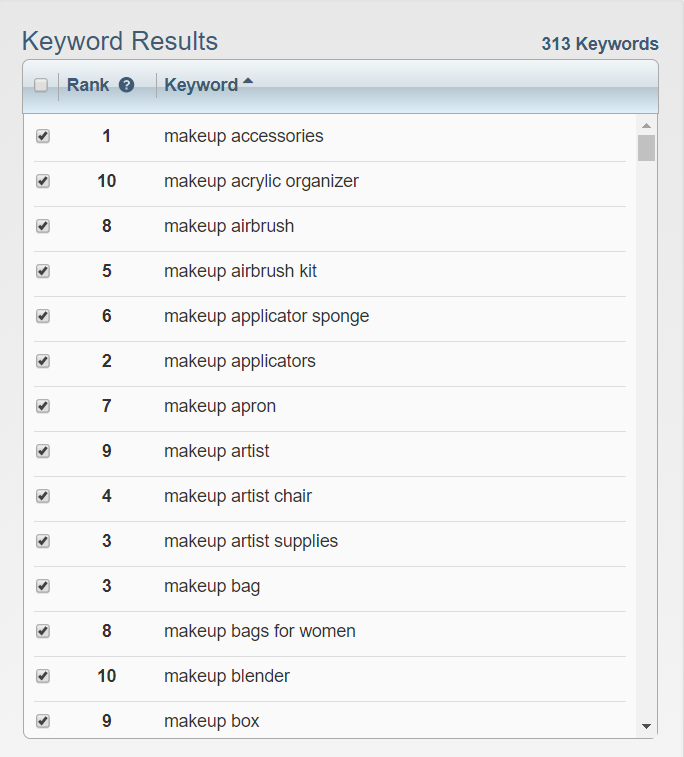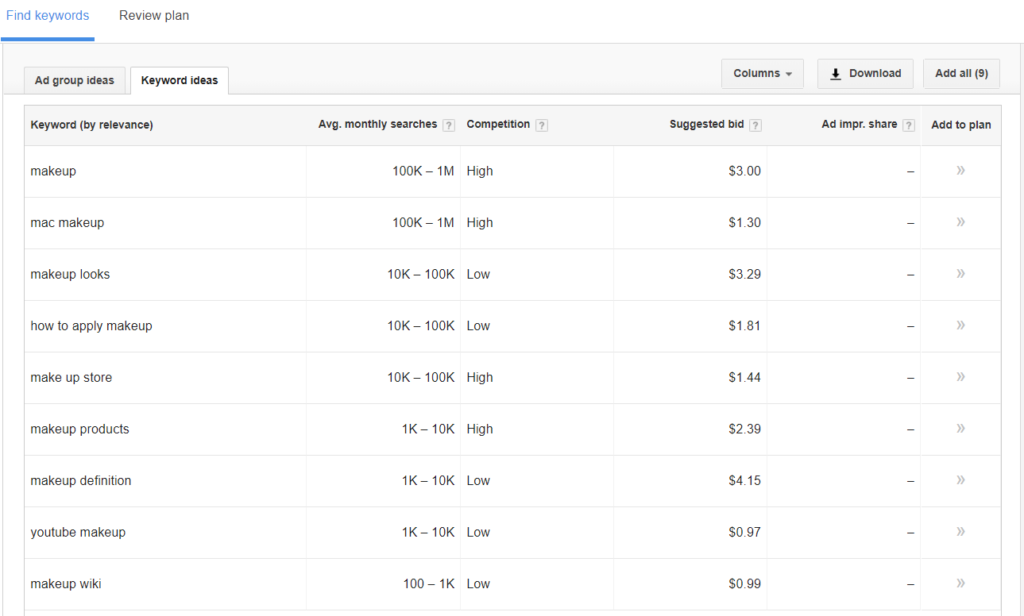SEO for Ecommerce can get more traffic to your site at a reasonable cost to your business. Search Engine Optimization (SEO) requires a little learning and some concentrated effort, but you’ll enjoy long-term benefits with minimal cash investment if you invest your time instead.
You might consider working with an Ecommerce SEO Company because you will find that it gives you a high return on your investment over the long run. The skills you learn from an expert, along with the improvements a professional can make to your Ecommerce site can have a lasting impact.
Why invest in SEO for Ecommerce?
SEO, more than any other marketing scheme for your Ecommerce website, will get you consistent, high-quality traffic for the cost of the time you invest in it. Using SEO for Ecommerce turns your website into a permanent asset as a long-term customer magnet.
The time and effort you invest in SEO will teach you how to improve your website and its content. It will make you a better writer and it will help you understand and follow online marketing trends.
What is SEO for Ecommerce?
Search engine optimization (SEO) for Ecommerce begins with understanding how search engines like Google, Bing, and Yahoo find and crawl your website, reading your site structure and content.
It involves using keywords as indicators and setting up high-quality content based on those keywords. That gives internet users the quality content that they want so the search engines provide users with the information they seek and helps grow their own brand.
For your Ecommerce site, that means that you need more than a list of your products with prices, you need to create an experience that your customers will enjoy. The structure for that experience (your website’s SEO) must convince search engine algorithms that your content is the best for a particular search on their engines.
If you manage to convince the search engine, you will rank higher on the search engine results page (SERP), and internet users will find your pages above the fold on the SERP. That means you must rank within the first few results on the page.
Take a look at the SERP below. It includes the results of a search for “Pittsburgh Steelers sweatshirts.” All of the results on this page are above the fold; they are the first results on the screen without scrolling downward.

Note that the above-the-fold results include organic and paid results. The paid results in Google get preference and appear in the first positions. The first two snippets, not surprisingly, belong to two companies that spend a lot of money on advertising: Nike and eBay. Note that both snippets (the combination of title, URL, and description) have a little square with the word, “Ad,” inside. Those are paid snippets or paid search results.
From there downward are the organic search engine results from NFL Shop, The Pittsburgh Steelers Pro Shop, and JCPenney. They have invested their marketing budget on SEO.
When you invest in SEO for Ecommerce, you’re improving your offering to the public by producing quality content, building engagement, and demonstrating to search engines that your content is most relevant to the searched term. You are doing what search engine algorithm designers want in exchange for a rank high on the SERP (see Figure, below).

According to a Nielsen Norman Group study, internet users spend 80% of their time above the fold, and the folks from Chitika have shown that affects how many internet users will find your site. A look at the graph (above) shows that if you don’t get into the first 5 or 6 positions, almost no one will see your website.
The latter study, from 2013, does not take into consideration that paid results have been slowly taking over space above the fold since then.
Steps to SEO for Ecommerce
Once you start learning about SEO for Ecommerce, you’ll find that it’s a lot like relearning the old rules from your writing courses in high school. Old school writing teachers told us to have a thesis statement. In SEO for Ecommerce, we have keywords that we focus on.
Writing instructors emphasized good, well-organized content, based upon that thesis statement, and SEO for Ecommerce demands the same, based on your keywords. Likewise, your headers and sub-headers will include your keywords. So, let’s get started with keywords.
Keyword Research and SEO for Ecommerce
When you use SEO for Ecommerce, you want to focus on keywords that your potential customers use while searching for content on the internet.
You need to think about how your potential customers search. They may be looking for information to entertain or learn, and, when they do this, their search will look like this:

Once the person has learned how to make up his or her face, that person may want to buy the makeup to get the job done. Like this:

Note how the searches give very different results. The former results in a lot of “how-to” results and the latter provides links directly to makeup retailers. The latter customers are looking to buy and are the visitors you want on your site if you sell makeup!
So, should all of your keywords look like those in the second search? Should your website use, “makeup” as a keyword? That’s a good question. The answer is, “It depends.”
Long-tailed and Short-tailed Keywords
If you’re the owner of Revlon, definitely go with “makeup.” That’s a short-tailed keyword, meaning, that it’s made up of only one or two words, according to Hubspot. Revlon, according to its Marketing and Communication Plan for Revlon, spends more than $2.5 million annually for advertising, and, as you can see, they have the number one paid spot on the SERP (above).
If you’re not working with Revlon’s advertising budget, you’re going to want to try long-tailed keywords, having more than two keywords. Long-tailed keywords will have less competition than short-tailed keywords, for the most part, but you need to make sure that they have adequate search volume too.
Easy Keyword Research Tools from Search Engines Themselves
Google has a few excellent keyword research tools itself. For example, every time you search for something on its search engine, you’ll see that Google makes suggestions for your search, with its autocomplete feature. The words that it provides could be the right keywords for your website.
Amazon, likewise, has an autosuggest feature, and it can provide useful insight into useful keywords for your website. The Amazon search engine has the additional advantage of being product-focused, and if your Ecommerce business sells products, it might be your number one tool for your keyword research.
In Google, at the bottom of its SERP, you’ll see another tool: “Searches related to …” The search for “makeup” yielded the phrases: “makeup products,” “makeup mac,” “makeup wiki,” “makeup definition,” “makeup youtube,” “makeup how to apply,” “makeup looks,” and “makeup stores.” Note that one of these is a long-tailed keyword, and it might be worth your while to research that phrase further.
Keyword Tool Dominator offers a whole suite of free keyword tools that include both the Google and Amazon search engine suggestions. It provided these suggestions, for example, for the Amazon search engine.

Keyword Search Volume and Competition
Once you have a set of keywords, you’ll want to review them with Google’s Adwords Keyword Planner. You’ll have to sign up for a free account to use the keyword planner, and you’ll find other useful tools there once you start looking around. The keyword planner can tell you which of the keywords would give you the best odds of getting search engine traffic on your website. Take a look (below) at the results for keyword volume and competition on the set of keyword phrases suggested by Google, above.

What are you going to look for here to do SEO for Ecommerce? You want keywords with a high number of average monthly searches and low competition. This result shows to good keyword candidates: “how to apply makeup” and “makeup looks.” Both show 10K – 100K searches per month and low competition. Note that one of these, “how to apply makeup,” is a long-tailed keyword.
There you go. Now you have your keywords!
Where do You Go Once You Have Keywords?
This is just the beginning. Once you have some keywords, you’ll need to add them to your website. If you use WordPress and Yoast, it’s an easy matter of filling in the blanks on your page editor. Other blogging and website content management systems (CMS) will have similar mechanisms, and the person managing your website will know all about them.
If you’re not sure if you have the skills, hiring someone from an Ecommerce SEO Company can get you started at a reasonable cost. It’s easy to make mistakes when you’re learning SEO, but working with an expert can get you on the road and moving forward.

